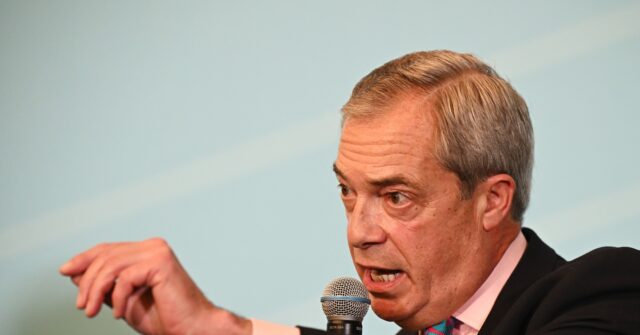The recent revelation of the alleged Chinese spy associated with Prince Andrew has stirred considerable controversy in the UK. Following pressure from Nigel Farage’s Reform UK party, the name of the suspect, Yang Tengbo—or Chris Yang—was made public after a High Court lifted naming restrictions. Previously known only as “H6,” Yang is reportedly a close confidant of the Duke of York and is under investigation by MI5, Britain’s security service, due to concerning business ties with the prince. Farage expressed satisfaction that Reform UK’s push led to Yang’s identification, underscoring the public’s right to be informed about such matters.
Yang, a former chairman of the Hampton Group, had visited the UK frequently over the past two decades but was barred from entry last year due to national security concerns. Court documents indicate that Yang had been authorized to engage in business dealings for Prince Andrew in China, linking him to the Duke’s Pitch@Palace initiative designed to foster business partnerships in the region. Despite Yang’s previous connections to British royalty, his standing deteriorated following a court ruling that documented his significant trust from a senior royal member, a relationship deemed unusual under the circumstances.
The court’s ruling also highlighted Yang’s attempts to minimize his connections with China’s United Front Work Department (UFWD), which is known for its influence operations aimed at gaining leverage over international elites. The legal findings suggested that Yang possessed the ability to forge relationships between high-ranking Chinese officials and notable UK figures, raising alarms about possible political interference orchestrated by the Chinese government. This connection has placed Yang at the center of a narrative that implicates him in espionage activities tied to wider issues of foreign influence in the UK.
In response to the revelations and further scrutiny, Yang characterized himself as a casualty of the current political environment in Britain. He argued that he was welcomed into the country during periods of positive Sino-UK relations, only to be excluded when geopolitical tensions escalated. Yang reiterated his commitment to fostering partnerships between China and the UK, claiming that his business activities have facilitated substantial investments into the British economy. He insisted that he has always acted independently and in the UK’s best interests, asserting his deep ties and affection for the country.
The situation involving Yang Tengbo is not an isolated case but rather a continuation of existing concerns about Chinese influence within the UK political system. Last year, other allegations emerged involving Christine Lee, a prominent figure in British Chinese circles and a supporter of the Labour Party, who was accused of ties to Beijing. Farage voiced concerns that this is indicative of a larger problem, suggesting there are numerous Chinese operatives embedded within the UK’s political establishment, claiming that British leaders have long been overly accommodating towards China.
As the scandal unfolds, it underscores potential risks associated with foreign influence within national politics. Yang’s case has raised questions regarding the nature of royal connections with foreign nationals and the implications for national security. With ongoing investigations by British authorities and increasing scrutiny from political parties, the revelations about Yang Tengbo contribute to an evolving landscape marked by heightened vigilance around espionage and foreign relationships within the UK government. The implications of these concerns are vast, questioning the integrity of political figures and the willingness of the establishment to confront any entanglements with foreign powers.

